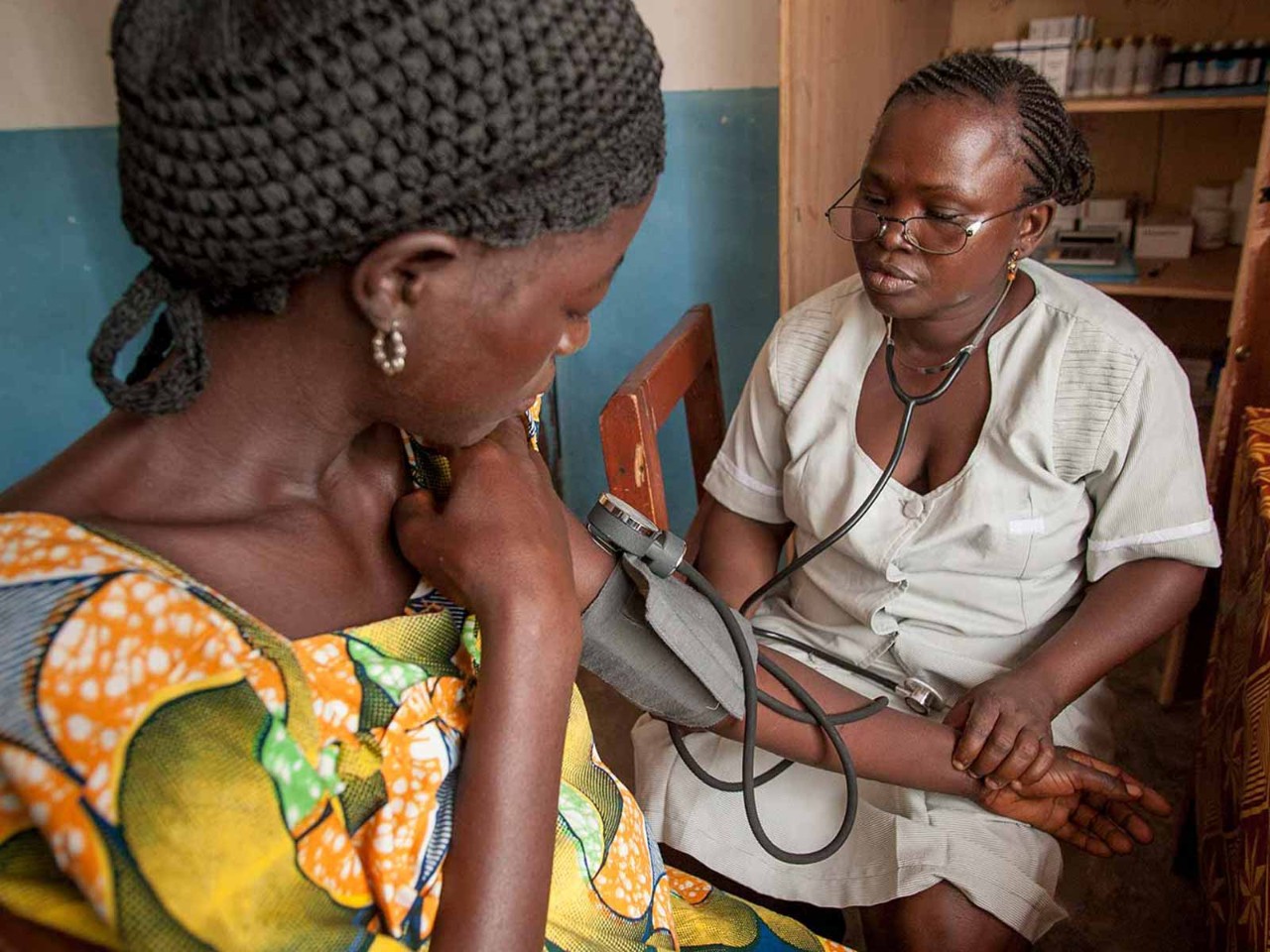
Over the past 10 years, Ponzi schemes in Nigeria have collectively cheated citizens of an estimated US$1bn. They succeed because people fail to recognise them for what they are – fraud (see boxout).
One of the earliest examples to affect Africa was the Mavrodi Mundial Movement, a scheme of Russian origin, which spread like wildfire, not just in Nigeria but around the world. Nigerian investors were recruited at large parties, through churches, community associations, social media and word of mouth; by the time the scheme crashed in 2018, they had lost over US$50m. The largest and boldest scheme was perpetrated by homegrown MBA Forex, which swindled Nigerians out of over US$400m.

Campaigns have warned people to watch out for signs of potential scams
The Ponzi con
A Ponzi scheme is an investment fraud that lures investors with the promise of mouth-watering returns from the purported runaway success of a non-existent financial service or enterprise.
Named after Charles Ponzi, an Italian con man operating in the US in the early 20th century, such schemes depend on the continual recruitment of new investors to finance payouts to existing investors. When the flow of new investors slows, or too many investors try to withdraw their funds, the whole edifice collapses and investors lose their money.
The largest ever Ponzi scheme was perpetrated by US investment manager Bernie Madoff, who swindled 37,000 people in 136 countries out of US$65bn over four decades.
Meanwhile investors in Kenya fell prey to the Amazon Web Worker app (no connection whatsoever with the e-commerce giant) and a couple of cryptocurrency Ponzi schemes. South Africa, Uganda, Congo, Tanzania and others have also reported their fair share of Ponzi problems.
Covid 19 lockdowns seem to have exacerbated the number of frauds generally, perhaps because financial pressures and restrictions on movement made people more susceptible to overly optimistic messages from unscrupulous fraudsters. The uncertainty and doomsday feeling that characterised the early days of the pandemic may well have been a contributing factor.
Partial solutions
So what's to be done? Across Africa, financial markets authorities such as securities commissions and central banks have warned the investing public to be on their guard against this type of fraud.
Campaigns have urged people to watch out for signs of potential scams – such as an unclear business process, very high returns, encouragement to recruit others, and the absence of the right operating licences – and to do their due diligence. If it looks too good to be true, then it almost always is.
The promoters of these schemes have often been arrested and prosecuted, with their properties seized to give investors a measure of financial restitution – but still they occur. Something more fundamental needs to be done so that people don’t fall for the hype in the first place.
Once again, the answer is to pay more attention to financial literacy. Academic curricula should include financial education from the primary level right up to the tertiary level. If people are to live happy lives, it is important not only that they are educated in the sciences, arts, engineering and other skills that allow them to earn a living, but also that they receive training in how to manage and protect the money they earn.
More information
For more on Ponzi schemes, read our article, The ever popular Ponzi
